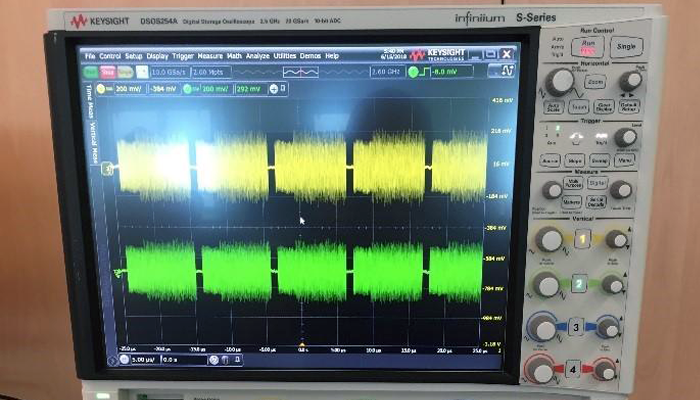IMDEA Networks

LEAP: Location Estimation and Predictive Handover with Consumer-Grade mmWave Devices

Joerg Widmer, Research Professor & Research Director, IMDEA Networks Institute, Madrid, España
In-house Presentation
Future millimeter-wave networks will support very high densities of devices and access points. This vastly increases the overhead required for access point selection and beam training.
Fortunately, the quasi-optical properties of millimeterwave channels make location-based network optimization a highly promising technique to reduce control overhead in such millimeter-wave WLANs. In this paper, we show how to extract channel state information from off-the-shelf routers, we use it to design a high accuracy location system, and then show how location information enables the optimization of network operations. The resulting scheme, named LEAP, can predict blockage, optimize access point association, and select the most suitable antenna beam patterns without requiring any beam training. We show that compared to standard state-of-the-art 802.11ad systems, LEAP’s location driven management greatly improves network performance and link stability.
About Joerg Widmer
Joerg Widmer is Research Director as well as Research Professor at IMDEA Networks in Madrid, Spain. His research focuses on wireless networks, ranging from extremely high frequency millimeter-wave communication and MAC layer design to mobile network architectures. From 2005 to 2010, he was manager of the Ubiquitous Networking Research Group at DOCOMO Euro-Labs in Munich, Germany, leading several projects in the area of mobile and cellular networks. Before, he worked as post-doctoral researcher at EPFL, Switzerland on ultra-wide band communication and network coding. He was a visiting researcher at the International Computer Science Institute in Berkeley, USA, University College London, UK, and TU Darmstadt, Germany. Joerg Widmer authored more than 150 conference and journal papers and three IETF RFCs, and holds 13 patents. He serves on the editorial board of IEEE Transactions on Mobile Computing, Elsevier Computer Networks and the program committees of several major conferences. He was awarded an ERC consolidator grant, the Friedrich Wilhelm Bessel Research Award of the Alexander von Humboldt Foundation, a Mercator Fellowship of the German Research Foundation, a Spanish Ramon y Cajal grant, as well as nine best paper awards. He is senior member of IEEE and ACM.
Este evento se impartirá en inglés

